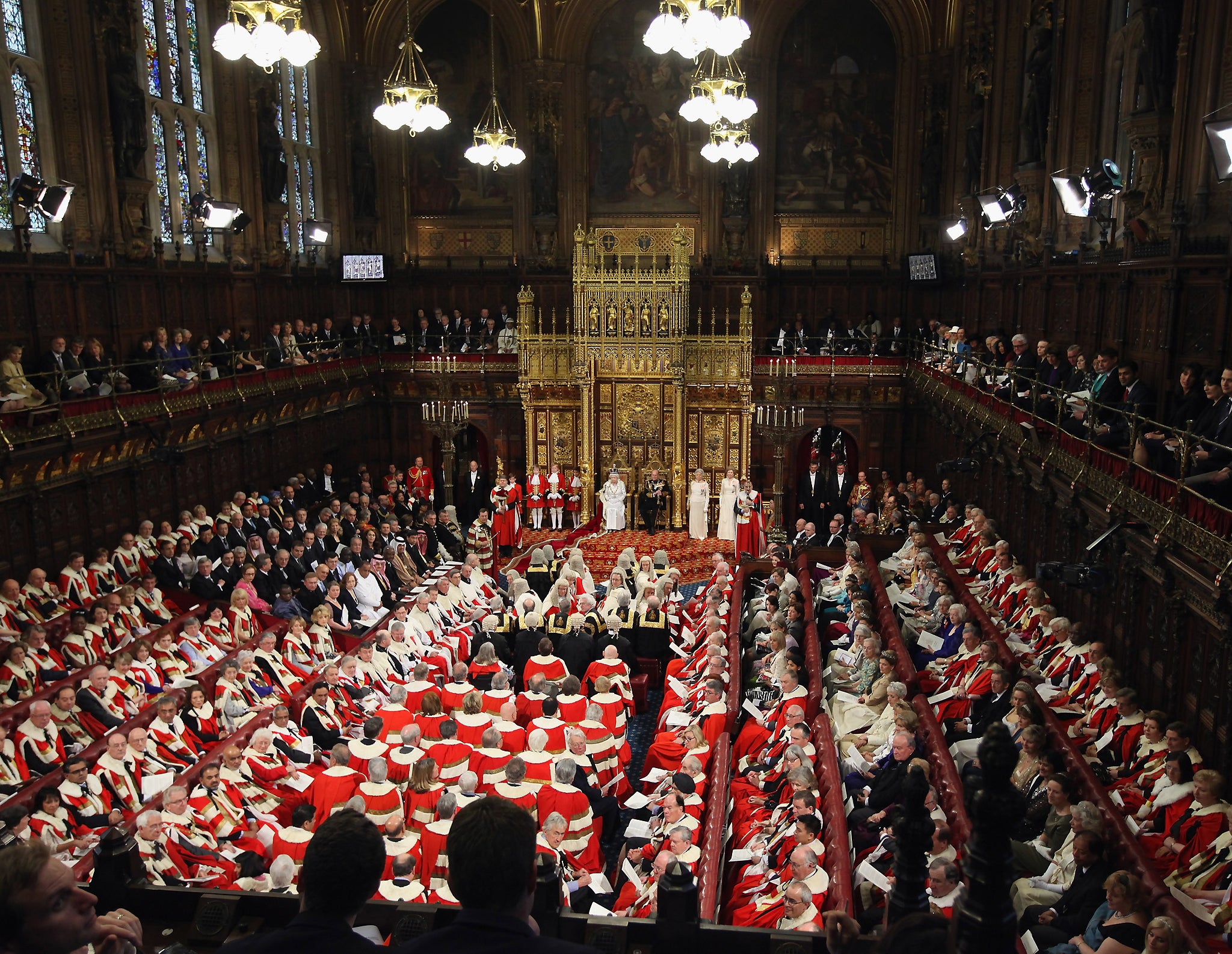In which English institution could an expenses fraud go to prison, come back to his old job, and then claim expenses again? (Clue: picture)
Our diarist on Paul White, a remarkable Tory from Essex


Your support helps us to tell the story
From reproductive rights to climate change to Big Tech, The Independent is on the ground when the story is developing. Whether it's investigating the financials of Elon Musk's pro-Trump PAC or producing our latest documentary, 'The A Word', which shines a light on the American women fighting for reproductive rights, we know how important it is to parse out the facts from the messaging.
At such a critical moment in US history, we need reporters on the ground. Your donation allows us to keep sending journalists to speak to both sides of the story.
The Independent is trusted by Americans across the entire political spectrum. And unlike many other quality news outlets, we choose not to lock Americans out of our reporting and analysis with paywalls. We believe quality journalism should be available to everyone, paid for by those who can afford it.
Your support makes all the difference.There is only one workplace in the United Kingdom where someone can be caught making fraudulent expenses claims, go to prison, then return to the old place of work to carry on claiming. I refer, of course, to the House of Lords.
The latest list of Lords expenses published this morning, covering June 2012, shows that Lord Hanningfield, aka Paul White, former Tory leader of Essex County Council, trousered £3,600 in attendance allowances in that month alone – that is £300 a day for turning up on 12 separate days – plus £285 travel expenses. That makes £8,481 that he has received in just three months for returning to the scene of his crime. Hanningfield served nine weeks of a nine-month prison sentence last year after being convicted of claiming £14,000 worth of fraudulent expenses.
In June, another former expenses cheat dipped his fingers into the same jar. Lord Taylor of Warwick had served three months of a 12-month prison sentence for cheating the taxpayer out of £11,000 by lying about where he lived. After his release, he insouciantly told The Daily Telegraph that he was looking forward to returning to the House of Lords, whereupon one of his former colleagues in the Tory party, the newly ennobled Michael Dobbs, pleaded with the Lords authorities to tell him that he was not welcome. But he is back, and in June he claimed £2,100 in attendance allowances.
Their fate is in stark contrast to that of the MPs convicted of fiddling their expenses, all of whom are out of Parliament permanently and facing personal ruin.
The former Labour peer Pola Uddin was never prosecuted, but was told by the House of Lords Privileges committee to repay £125,349 worth of dodgy expenses. Labour peers were hoping she would not have the gall to show her face again – but she has, and has started claiming attendance allowance. In June, she claimed £1,800.
All of this would be impossible if Parliament passed a simple piece of legislation put forward by the former Liberal leader David Steel, which would give it the power to expel miscreants such as these. The idea has support in every political party, but Nick Clegg has blocked it because he fears that small reforms will weaken the case for abolishing the Lords and creating an elected chamber.
Ta for the free lunch, much appreciated
Liz Kendall, Labour’s shadow minister for the elderly, has been given a trying time by someone who shares the same office corridor in the Commons. An angry Ms Kendall posted a note on the communal fridge, saying “Someone has stolen my lunch from this fridge. I do not appreciate this.” Underneath her note there appeared another, unsigned, announcing: “I took it and I’d do it again.” Under that is a third note, which appeared yesterday saying: “You Are a Very Sick Individual.”
Parable of the bishop and the bank boss
Justin Welby, the Archbishop of Canterbury-to-be, was on form when questioning Stephen Hester, boss of the taxpayer-owned RBS, during his appearance before the banking commission. Upbraiding the banker for having nothing to say about the bank’s wider social responsibility, Bishop Welby demanded: “What is the duty of an enormous bank like yours… well into the hundreds of billions of pounds, what is your duty to society and why didn’t you mention it?”
Mr Hester replied that the bank does its duty by providing savings accounts, paying taxes and employing people responsibly.
“That again is motherhood and apple pie. I am looking for a bit more penetrating analysis of what your duty is to society,” huffed the bishop. Is it possible that this is a cleric who actually believes that it is easier for a camel to go through the eye of a needle than for a rich man to enter the Kingdom of God?
Join our commenting forum
Join thought-provoking conversations, follow other Independent readers and see their replies
0Comments